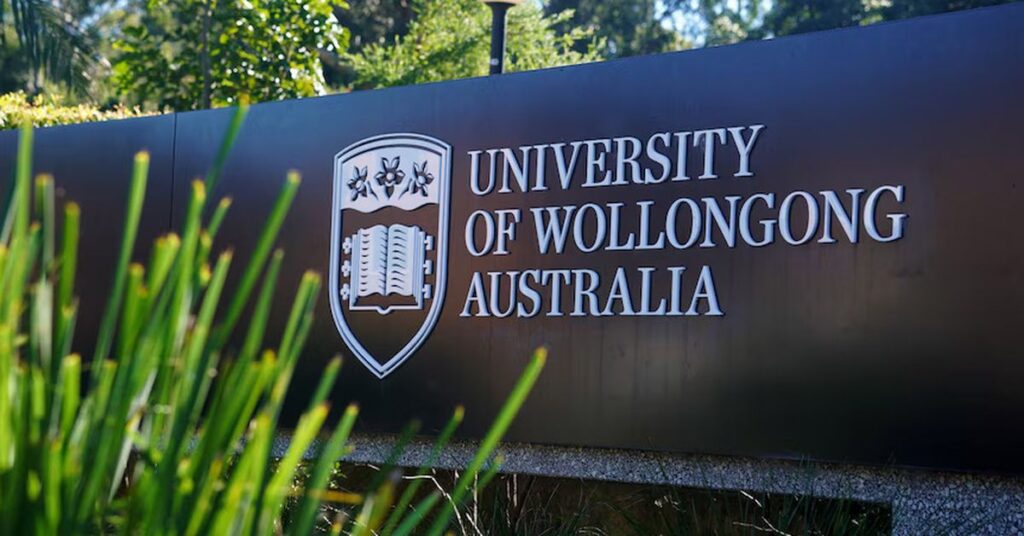
The University of Wollongong has announced it will repay $6.6 million to over 5,000 staff members who were underpaid over the past decade. This decision follows the discovery of significant governance and payroll system issues.
The institution became aware of these underpayments after staff inquiries led to a self-report to the Fair Work Ombudsman in 2023. An investigation revealed that more than 5,340 staff were affected, primarily casual employees in non-teaching roles at the main campus in Wollongong. However, full-time and part-time academic and support staff were also impacted.
Details of the Underpayments
The investigation found that the university failed to pay casual staff for a minimum of three hours per shift and did not provide the penalty rates they were entitled to. Additionally, employees were underpaid for weekend penalty rates, public holiday pay, overtime rates, leave entitlements, redundancy, severance, and retirement benefits.
The University of Wollongong has entered into an enforceable undertaking with Fair Work, agreeing to backpay the affected 5,340 current and former staff for the period between 2014 and 2024. The total repayment includes more than $4.9 million in underpaid wages and entitlements, over $1.1 million in interest, and more than $630,000 in superannuation and interest.
Payments to individuals range from less than $20 to over $36,000, with most staff having already received their compensation.
Measures for Compliance and Accountability
As part of the agreement, the university will make a contrition payment of $130,000 and implement several measures to ensure compliance with workplace laws. These include commissioning two independent audits, maintaining an employee payments complaint and review mechanism, and establishing a standing body to facilitate consultation between the university, its employees, and the union.
The university will also be required to make a second contrition payment once Fair Work finalizes two ongoing matters under review. These contrition payments will be directed to the Commonwealth Consolidated Revenue Fund.
This development comes as the university faces a $35 million financial shortfall and plans to cut up to 95 jobs. The University of Wollongong has taken full responsibility for the historical underpayments and issued an apology to the affected staff.
“We deeply regret the distress and inconvenience caused to our staff by these errors,” stated University of Wollongong Vice-President Stephen Phillips. “We are committed to fully remedying these underpayments and continue to work proactively to strengthen our systems and processes so that staff can have absolute confidence in the accuracy of their pay now and in the future.”
Broader Implications and Sector-Wide Issues
Fair Work Ombudsman Anna Booth commended the university for acknowledging its breaches and committing to remedial actions. She emphasized the importance of having appropriate checks and balances to ensure workplace compliance.
“The matter serves as a warning of the significant long-running problems that can result from an employer failing to have appropriate checks and balances to ensure workplace compliance,” Booth said. “We expect universities to meet their legal obligations under their own enterprise agreements and underlying awards.”
The National Tertiary Education Union (NTEU) described the situation as part of a “wage theft epidemic” affecting universities nationwide. NTEU National President Alison Barnes criticized the systemic underpayment as a broader governance issue within the sector.
“This is the latest disgraceful chapter in what has become a $278 million national scandal affecting more than 100,000 university staff across Australia,” Barnes stated. “The wage theft epidemic has been the canary in the coal mine of the broader governance disaster we’re witnessing in our universities.”
Fair Work has taken action against several universities, including entering into enforceable undertakings with institutions such as the University of Sydney, University of Technology Sydney, and others. Legal actions are ongoing against the University of NSW, highlighting the widespread nature of these compliance issues.
As the University of Wollongong works to address its financial and compliance challenges, the broader implications for the higher education sector remain significant. The need for robust governance and payroll systems has never been more critical to ensure fair treatment and compensation for all university staff.







